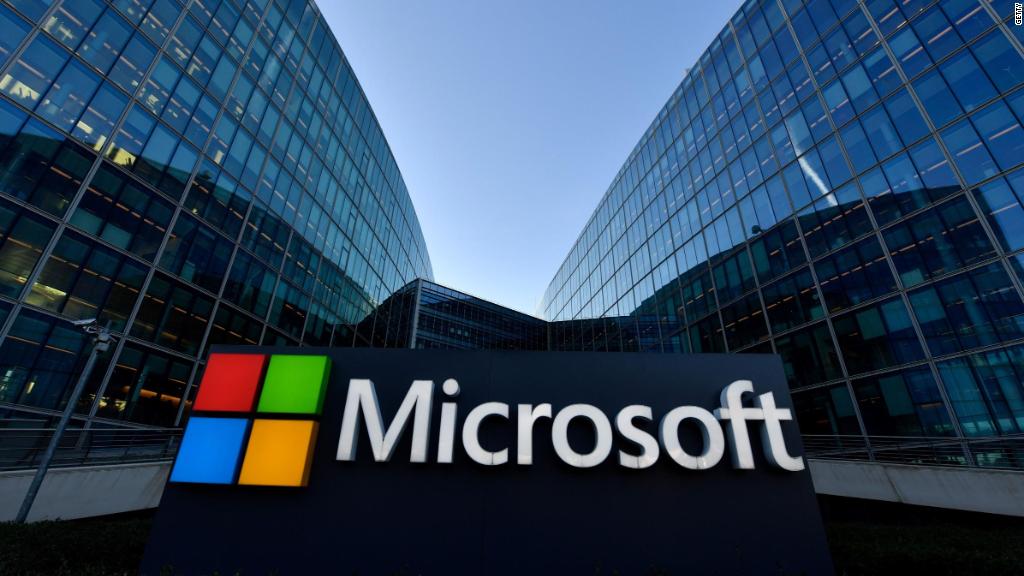
When most people think of election meddling, they think of Facebook, Twitter and YouTube, of bad actors using social media to spread disinformation.
Microsoft (MSFT) reminded everyone this week that its services are also a rich target for hackers who want to reach candidates, campaigns, or lawmakers. The company announced it is expanding its efforts to protect open elections with its "Defending Democracy Program."
The company will offer a free added layer of security to candidates and related organizations with a service called AccountGuard. It will send out notifications when attacks are detected and help organizations take action to lock down their accounts. It will also offer cybersecurity education.
Google (GOOG) launched a similar product last year, called Advanced Protection, as part of a larger "Protect Your Election" push. All the offers are nonpartisan.
Offering free cybersecurity to anyone running for office or major political parties isn't entirely benevolent. Technology companies are being extra vigilant to prevent a repeat of 2016 election issues, and avoid a recreation of the dark cloud of bad news that has followed Facebook around since.
On Tuesday alone, Microsoft, Facebook (FB) and Twitter (TWTR) each announced they had detected and removed misinformation campaigns and hacking attempts that were traced back to Iran and Russia. There was no evidence that these specific attempts were trying to sway the US midterms. However on the same day, CNN reported the Democratic National Committee contacted the FBI after it detected an attempted hack on its voter database.
For Microsoft, it could also be good marketing. While the company already has large corporate and government contracts, it's an opportunity to remind customers that it does security too.
"It's a show of their capability to say, 'We are doing this,'" said Chase Cunningham, a security and risk analyst at Forrester. "And [it's] Microsoft trying to be more well known for more than Microsoft software."
Announcing it had found and squashed a threat also looks good for the company, even if it's not incredibly significant.
"I'm glad they're willing to say 'We're standing up to stop threats.' But the reality of the problem is, this is like a drop in the Atlantic ocean," said Cunningham. "It's good to stop it but you put a band aid on an artery."
Microsoft says the program won't reveal who is signing up. Any nonprofit or non-governmental organization doing political work can apply. It will even protect people still using Hotmail.

